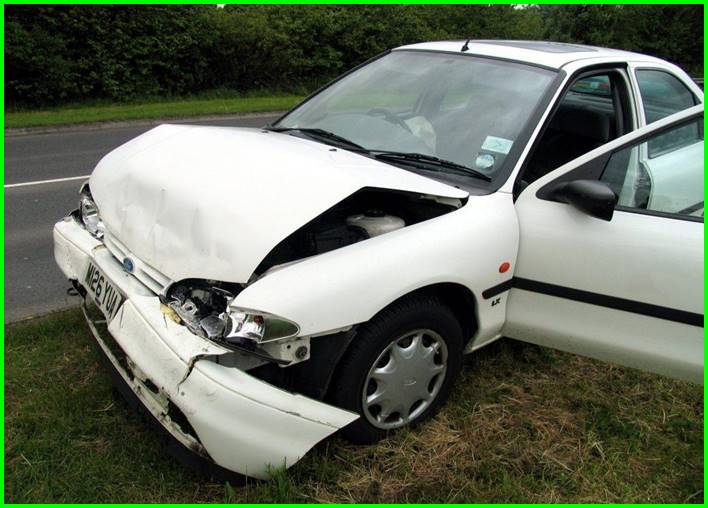The Role of PIP Insurance Coverage in Car Accidents
Car owners must legally fulfill specific auto insurance criteria to lawfully operate a motor vehicle. One of the mandatory auto insurance policies is Personal Injury Protection (PIP). State law mandates all motorists to purchase personal injury protection insurance, with benefits disbursed by their insurance provider.
This type of insurance enables people to get coverage regardless of who is at fault for an incident. It covers you in the event of any kind of auto-related accident and pays for replacement services, medical costs, and lost wages. PIP is regarded as “no-fault” vehicle insurance. The basic process is to submit a claim with your insurer following an accident. Insurance companies may contest providing no-fault compensation. You might need to file an arbitration against your insurance company.
Speak with expert car accident lawyers if you have been hurt in a car accident and your insurance isn’t offering coverage according to your policy. A knowledgeable car accident lawyer will spare you from managing these challenging court cases alone. These attorneys can provide you with the support you need and fight for the damages you are legally entitled to.
What is PIP Insurance?
“Personal injury protection,” or PIP insurance, covers you for injuries you sustain in an accident. When you, your passengers, or pedestrians (including yourself) are hurt in an automobile accident, this insurance coverage usually provides financial assistance. If you are found to be at fault for the accident, your PIP insurance will still cover your losses.
You could also file a personal injury claim against the insurance provider of the individual who caused the accident. This occurs when any of the following damages are incurred:
- Permanent harm or deformity
- Over $4,000 in medical costs, services, or supplies (excluding diagnostic tests like MRIs and X-rays)
- A disability that lasts more than sixty days
- Death
What is Covered in PIP Insurance?
Personal injury protection pays for various expenses associated with injuries you get in a car accident. This covers medical costs, non-economic losses, and losses resulting from the policyholder’s death.
- Medical Expenses
You can seek medical care without needing to come to a settlement with the other motorist. PIP pays for all costs associated with receiving essential medical care for any injuries sustained in an automobile accident, including whiplash, fractured bones, and brain trauma.
Health insurance companies may intervene to pay additional costs if the cost of medical care exceeds the PIP policy limitations. There is a per-person cap on all PIP policies, meaning that if many people are hurt in a car accident, the coverage is restricted to that amount per person.
- Lost Income and Replacement Services
PIP coverage will also pay for lost income. It covers all losses, including replacement services. You will get payment for any substitute services, unpaid home labor, and duties you cannot perform due to your injuries. You may use the money to hire someone to drive, take care of the kids, or perform housework if you need replacement services. Benefits for replacement services are available seven days after your accident.
Death Benefits
PIP coverage also provides benefits in the event of a death. The insurance covers funeral and burial expenses up to $5,000 if a policyholder dies in an accident. Surviving dependents are eligible for replacement service payments of up to $200 per week and economic loss benefits of up to $500 per week. The benefits continue until the cap is reached or the family member is no longer considered dependent.
What isn’t covered by PIP insurance?
- PIP policy does not cover damage that other drivers cause to your car. Usually, you will need the other driver’s property damage liability insurance policy in such a situation.
- Pain and suffering compensation is not included in PIP coverage.
- It does not cover property damage; any damage to your car would fall under your collision or comprehensive coverage or the other driver’s liability insurance.
Bottom Line
When you, as the driver, are injured in a car accident, PIP insurance covers you. It also pays if you suffer injuries while riding in someone else’s car. In addition to lowering car insurance court cases, the no-fault system is intended to maintain affordable car insurance premiums.
Construction Machinery: Choosing the Right OEM Parts
The Role of PIP Insurance Coverage in Car Accidents
